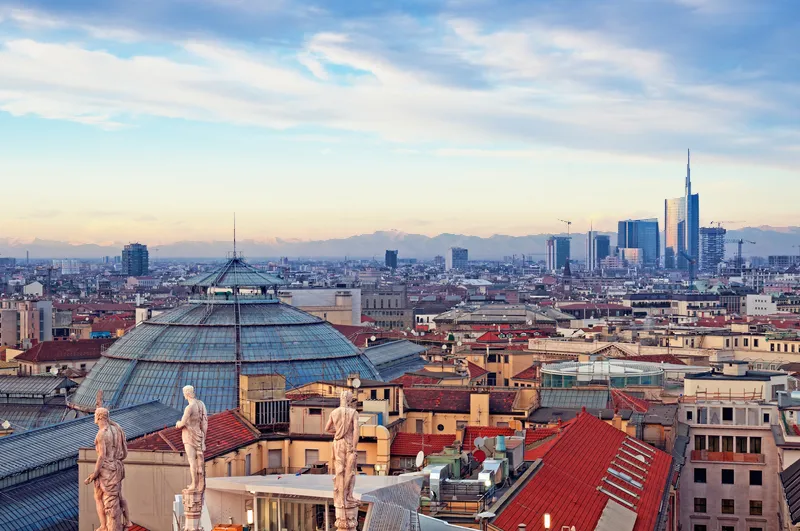Policies that improve the energy efficiency of urban transport systems could help save as much as US$ 70 trillion in spending on vehicles, fuel and transportation infrastructure between now and 2050, according to a new report from the International Energy Agency. The report, A Tale of Renewed Cities, draws on examples from more than thirty cities across the globe to show how to improve transport efficiency through better urban planning and travel demand management. Extra benefits include lower greenhouse-ga
July 12, 2013
Read time: 2 mins
Policies that improve the energy efficiency of urban transport systems could help save as much as US$ 70 trillion in spending on vehicles, fuel and transportation infrastructure between now and 2050, according to a new report from the 4724 International Energy Agency.
The report, A Tale of Renewed Cities, draws on examples from more than thirty cities across the globe to show how to improve transport efficiency through better urban planning and travel demand management. Extra benefits include lower greenhouse-gas emissions and higher quality of life.
This report was supported by the2001 European Bank for Reconstruction and Development (EBRD) Shareholder Special Fund and includes input from EBRD experts and case studies based on the Bank’s work in the urban transport sector.
Among the three broad categories of policies recommended in the report are those that allow travel to be avoided, those that shift travel to more efficient modes, and those that improve the efficiency of vehicle and fuel technologies.
The report offers three case studies, Belgrade, Seoul and New York City, to show how those cities have already improved their transport systems.
A Tale of Renewed Cities sets out a path outlining the essential steps and milestones for policy development and implementation to transform cities by improving urban transport systems, with the necessary planning and actions for supporting development, financing, implementation and evaluation of policies to improve the energy efficiency of urban transport systems.
The report, A Tale of Renewed Cities, draws on examples from more than thirty cities across the globe to show how to improve transport efficiency through better urban planning and travel demand management. Extra benefits include lower greenhouse-gas emissions and higher quality of life.
This report was supported by the
Among the three broad categories of policies recommended in the report are those that allow travel to be avoided, those that shift travel to more efficient modes, and those that improve the efficiency of vehicle and fuel technologies.
The report offers three case studies, Belgrade, Seoul and New York City, to show how those cities have already improved their transport systems.
A Tale of Renewed Cities sets out a path outlining the essential steps and milestones for policy development and implementation to transform cities by improving urban transport systems, with the necessary planning and actions for supporting development, financing, implementation and evaluation of policies to improve the energy efficiency of urban transport systems.









